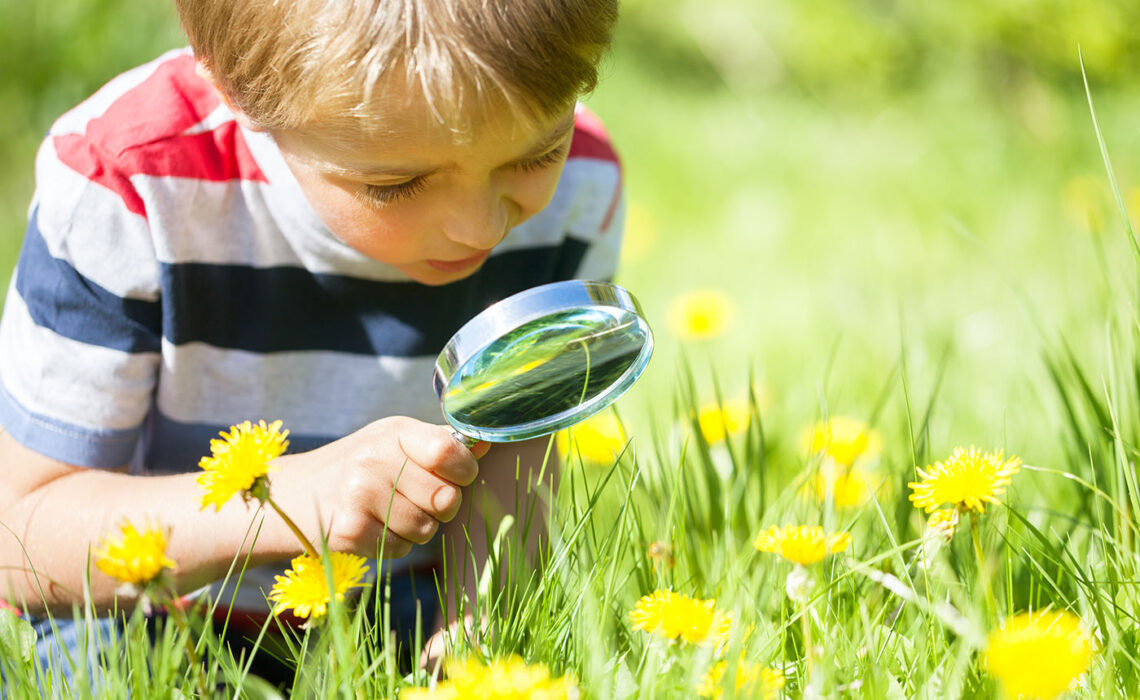
In today’s fast-paced digital world, it’s becoming increasingly important to ensure that our children have opportunities for outdoor play and nature exploration. Child care centers play a crucial role in providing these experiences. Outdoor play isn’t just about having fun; it offers a myriad of benefits for children’s physical, mental, and emotional development.
Here are some reasons why outdoor play and nature exploration should be an integral part of every child care centre’s curriculum.
Physical Health and Well-Being
Outdoor play time in a child learning center allows children to engage in physical activities that promote their overall health. Running, climbing, jumping, and playing sports in natural settings help develop motor skills, coordination, and physical strength.
Exposure to sunlight also provides essential vitamin D, promoting bone health and boosting the immune system.
Cognitive Development
Nature exploration stimulates a child’s cognitive development in various ways. Being outdoors encourages curiosity and problem-solving.
Children can observe and learn about the natural world, from identifying different plants and animals to understanding the changing seasons. This hands-on learning fosters a sense of wonder and critical thinking.
Creativity and Imagination
The great outdoors provides a canvas for boundless creativity and imagination. Children can transform sticks into swords, leaves into art supplies, and rocks into building materials.
Nature’s diverse elements inspire creative play, allowing kids to invent games and stories that engage their minds and spark their imaginations.
Reduced Stress and Anxiety
Spending time in nature has been shown to reduce stress and anxiety, not just for adults but also for children. The calming effects of natural settings can help children relax and unwind from the pressures of daily life. Nature’s tranquillity offers a welcome escape from the overstimulation of screens and gadgets.
Social Interaction and Cooperation
Outdoor play encourages social interaction and cooperation among children. They learn to negotiate, share, and communicate as they engage in group activities like building forts, playing team sports, or going on nature scavenger hunts. These experiences promote teamwork and help develop essential social skills.
Respect for the Environment
Exposing children to nature at a young age fosters an appreciation for the environment. When they understand the beauty and value of the natural world, they are more likely to develop a sense of responsibility and become future stewards of the planet. Teaching eco-friendly practices can start with simple activities like recycling or planting trees.
Sensory Exploration
Nature provides a multisensory experience that engages all the senses. Children can touch different textures, listen to the sounds of birds and rustling leaves, smell the earth after a rainfall, and taste fresh fruits from trees.
Sensory exploration in nature is a rich and immersive experience that stimulates sensory development.
Time for Unstructured Play
In today’s scheduled and structured world, outdoor play offers children unstructured time to explore and follow their own interests. It’s a break from the hustle and bustle of daily routines, allowing kids to be in control of their playtime and make their discoveries.





